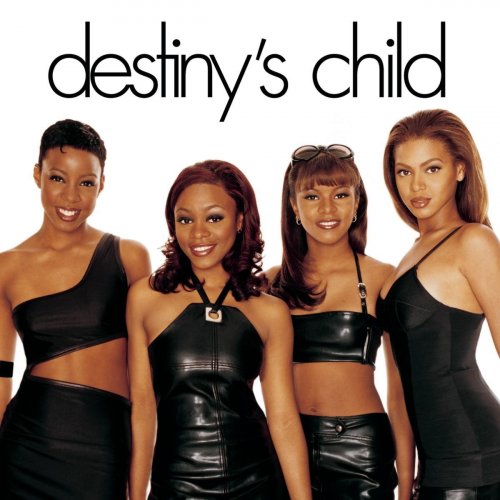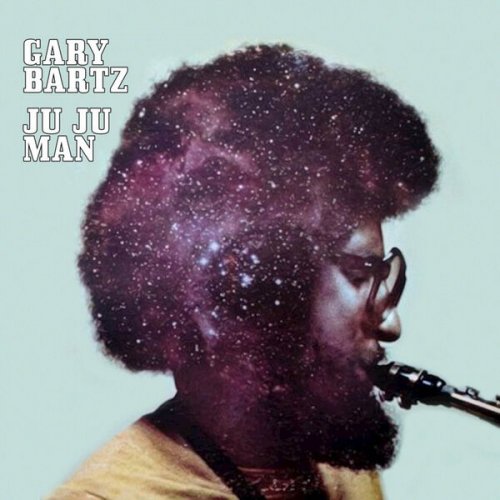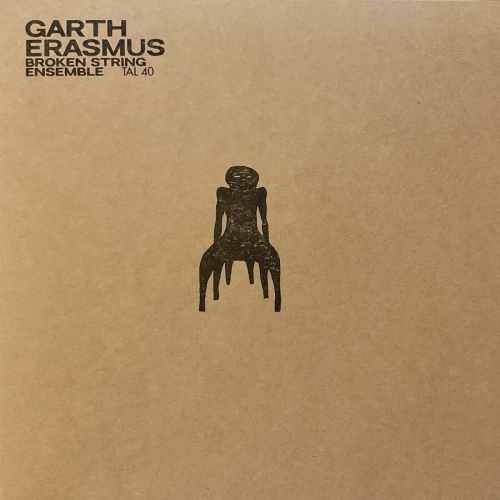Destiny's Child - Destiny's Child / The Writing's On the Wall (2002)

Artist: Destiny's Child
Title: Destiny's Child / The Writing's On the Wall
Year Of Release: 2002
Label: Columbia
Genre: Pop, Contemporary R&B, Funk / Soul
Quality: 320 / FLAC (tracks)
Total Time: 2:27:58
Total Size: 343 Mb / 1.01 Gb
WebSite: Album Preview
Tracklist: Title: Destiny's Child / The Writing's On the Wall
Year Of Release: 2002
Label: Columbia
Genre: Pop, Contemporary R&B, Funk / Soul
Quality: 320 / FLAC (tracks)
Total Time: 2:27:58
Total Size: 343 Mb / 1.01 Gb
WebSite: Album Preview
DISC 1 - Destiny's Child
1. Second Nature (Album Version) (5:09)
2. No, No, No Pt. 2 (3:28)
3. With Me Part I (Album Version) (3:27)
4. Tell Me (Album Version) (4:48)
5. Bridges (Album Version) (4:02)
6. No, No, No, Pt. 1 (4:08)
7. With Me Part II (featuring Master P) (Album Version) (4:14)
8. Show Me The Way (Album Version) (4:18)
9. Killing Time (Album Version) (5:08)
10. Illusion (Album Version) (3:52)
11. Birthday (5:15)
12. Sail On (Album Version) (4:04)
13. My Time Has Come (Dedicated To Andretta Tillman) (Album Version) (4:23)
14. Know That (Album Version) (4:25)
15. YOU'RE THE ONLY ONE (Album Version) (3:23)
16. No, No, No (Camdino Soul Extended Remix) (6:35)
17. DubiLLusions (7:33)
DISC 2 - The Writing's On The Wall
1. Intro (The Writing's On The Wall) (2:06)
2. So Good (Album Version) (3:14)
3. Bills, Bills, Bills (4:16)
4. Confessions (4:57)
5. Bug a Boo (H-Town Screwed Mix) (3:32)
6. Temptation (4:06)
7. Now That She's Gone (5:35)
8. Where'd You Go (4:15)
9. Hey Ladies (4:16)
10. If You Leave (4:35)
11. Jumpin', Jumpin' (3:50)
12. Say My Name (4:31)
13. She Can't Love You (4:05)
14. Stay (4:51)
15. Sweet Sixteen (4:13)
16. Outro (Amazing Grace...dedicated to Andretta Tillman) (2:38)
17. Get On The Bus (Featuring Timbaland) (4:44)
Beyond its tabloid drama, the innovation of Destiny’s Child’s second album codified the sound of R&B at the turn of the millennium. It is stilletto-sharp, and laid the groundwork for Beyoncé’s career.
In the music video for “Flawless,” Beyoncé splices in a clip of her on “Star Search” as a child with Girls Tyme, the group that would later become Destiny’s Child. What’s remarkable about the clip isn’t that Beyoncé has it—she keeps an archive of virtually every recorded moment of her life, temperature-controlled and cordoned off like a business data center—but that Girls Tyme lost to a folk-rock group that sounds like the midpoint of Sophie B. Hawkins and Michael Bolton.
There is no better microcosm of what happened to Top 40 music between 1993 and 1999 than this. Bands like the “Star Search” winner were buried in a landfill of post-grunge, while R&B groups built out from soul and quiet storm to create a sound innovative enough to earn the “futuristic” label almost everything got in that pre-Y2K time. This bore itself out in the revival in the early-to-mid-’90s of excellent girl groups vaguely in the Supremes mold—TLC, En Vogue, SWV—but it would be Destiny’s Child who would become their true successors.
The Writing’s on the Wall, one of the best-selling R&B albums of all time, is perhaps most known for what was going on behind the scenes. In spring of 2000, founding members LeToya Luckett and LaTavia Roberson fired, through an attorney, Mathew Knowles, the group’s replacement for late manager Andretta Tillman and, more importantly, Beyoncé’s father. They alleged that Mathew Knowles kept too much of the group’s profits and that the group’s attention was disproportionately allocated in favor of Kelly Rowland and Beyoncé, increasingly featured both as lead singer and in promo. “Ninety percent of the vocals you're hearing is Beyoncé and Kelly,” Mathew Knowles rebutted in the Houston Chronicle, “but they all got paid the same.”
In the music video for “Flawless,” Beyoncé splices in a clip of her on “Star Search” as a child with Girls Tyme, the group that would later become Destiny’s Child. What’s remarkable about the clip isn’t that Beyoncé has it—she keeps an archive of virtually every recorded moment of her life, temperature-controlled and cordoned off like a business data center—but that Girls Tyme lost to a folk-rock group that sounds like the midpoint of Sophie B. Hawkins and Michael Bolton.
There is no better microcosm of what happened to Top 40 music between 1993 and 1999 than this. Bands like the “Star Search” winner were buried in a landfill of post-grunge, while R&B groups built out from soul and quiet storm to create a sound innovative enough to earn the “futuristic” label almost everything got in that pre-Y2K time. This bore itself out in the revival in the early-to-mid-’90s of excellent girl groups vaguely in the Supremes mold—TLC, En Vogue, SWV—but it would be Destiny’s Child who would become their true successors.
The Writing’s on the Wall, one of the best-selling R&B albums of all time, is perhaps most known for what was going on behind the scenes. In spring of 2000, founding members LeToya Luckett and LaTavia Roberson fired, through an attorney, Mathew Knowles, the group’s replacement for late manager Andretta Tillman and, more importantly, Beyoncé’s father. They alleged that Mathew Knowles kept too much of the group’s profits and that the group’s attention was disproportionately allocated in favor of Kelly Rowland and Beyoncé, increasingly featured both as lead singer and in promo. “Ninety percent of the vocals you're hearing is Beyoncé and Kelly,” Mathew Knowles rebutted in the Houston Chronicle, “but they all got paid the same.”

![Norah Jones - Day Breaks (Japanese Limited Edition) (2016) [SHM-CD] Norah Jones - Day Breaks (Japanese Limited Edition) (2016) [SHM-CD]](https://www.dibpic.com/uploads/posts/2026-01/1768216895_1476175738_e683206e8f145d341ede9545a0c1ba56.jpg)



![Lisa Wulff - Hand auf's Herz (2026) [Hi-Res] Lisa Wulff - Hand auf's Herz (2026) [Hi-Res]](https://www.dibpic.com/uploads/posts/2026-01/1768411553_s43xhxlo3nlcc_600.jpg)


